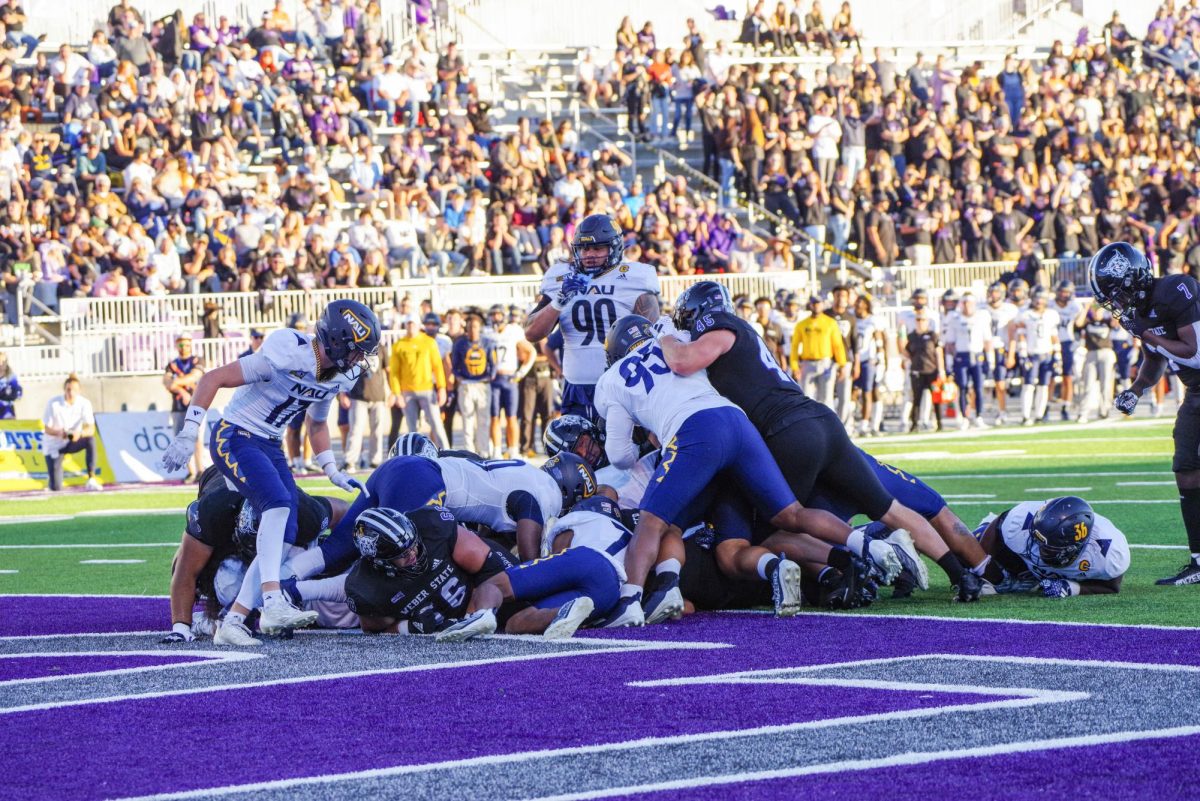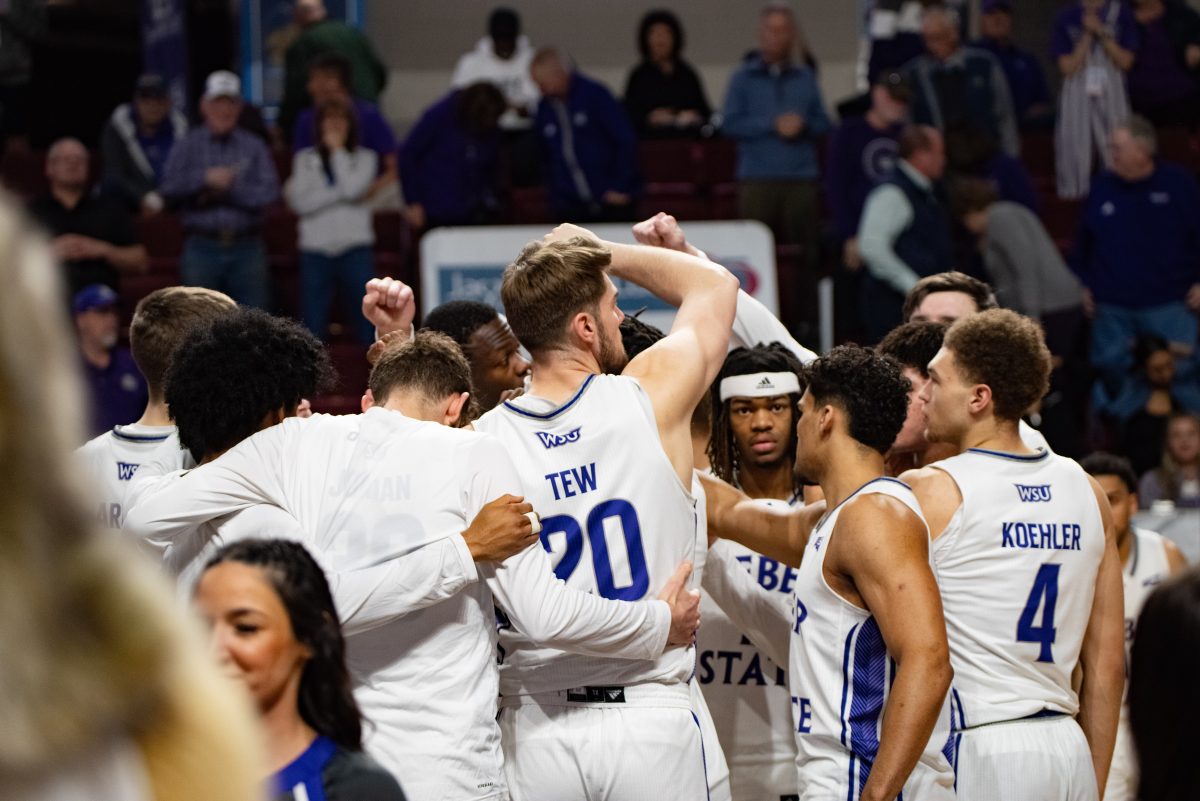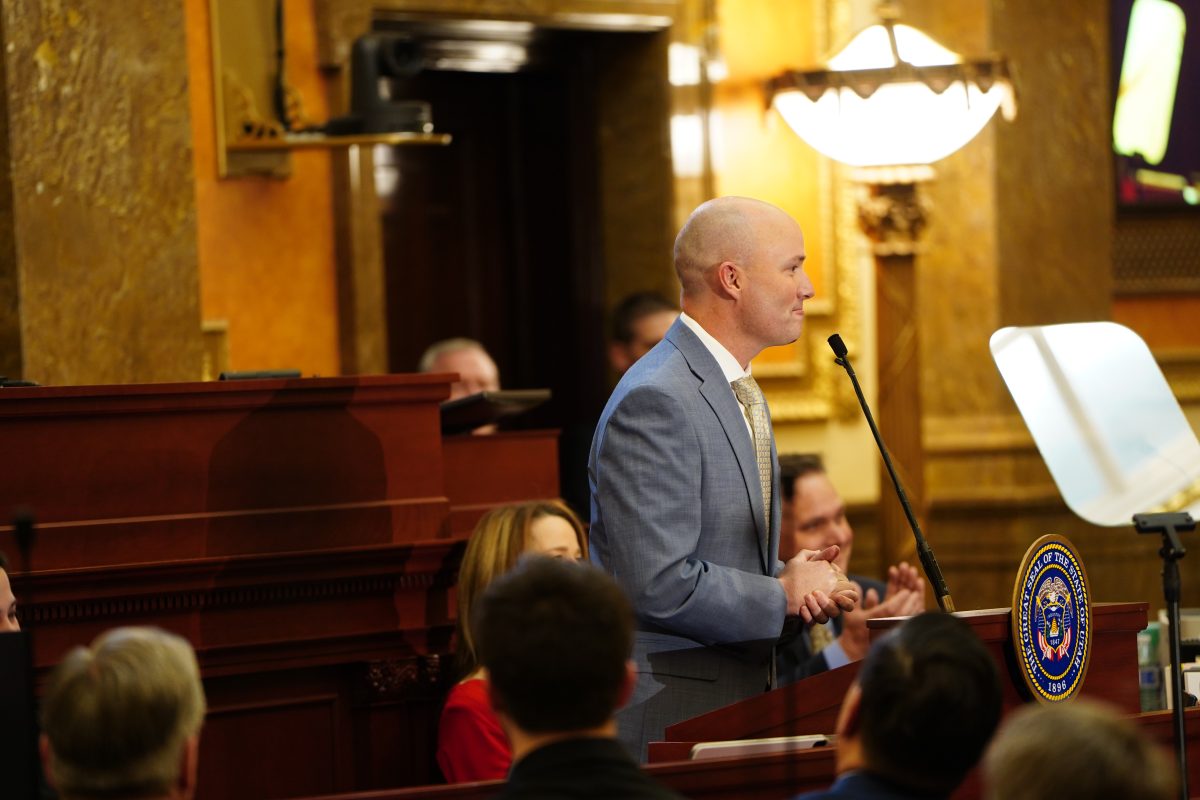
Caramel color in soda is a common ingredient in colas and other dark soft drinks. Public health researchers have analyzed soda consumption to distinguish people’s exposure to possibly carcinogenic byproducts of some caramel colors.
Results showed that between 44 to 58 percent of people over the age of six have at least one can of soda per day, which could possibly be exposing them to 4-MEI, a potential human carcinogen that is formed during the manufacturing process of some caramel colors.
Research led by a team at Johns Hopkins Center for a Livable Future (CLF) estimated exposure to 4-MEI from caramel-colored soft drinks and modeled the potential cancer burden in relation to the soft drink consumption levels in the United States.
The senior author of the study and assistant professor at the Johns Hopkins Bloomberg School of Public Health, Keeve Nachman, believes that consumers are being exposed to an avoidable and unnecessary cancer risk from an ingredient added solely for aesthetic reasons.
“This unnecessary exposure poses a threat to public health and raises questions about the continued use of caramel coloring in soda,” Nachman said.
In 2013 and early 2014, researchers from Consumer Reports and CLF gathered samples from 110 samples of soda purchased from retail stores in California and New York. The study, however, was not large enough to recommend one brand over another. The results indicated that the levels of 4-MEI could vary considerably across all the sodas.
“For example, for diet colas, certain samples had higher or more variable levels of the compound, while other samples had very low concentrations,” said Tyler Smith, lead author of the study and a program officer with the CLF.
Consumer Reports has asked the FDA to set limits for the potential carcinogen and also shared the findings with the California Attorney General’s office which enforces California Proposition 65, a law that is aimed at reducing consumer’s exposure to toxic chemicals.
Urvashi Rangan, executive director for Consumer Reports’ Food Safety and Sustainability Center said, “We believe beverage makers and the government should take the steps needed to protect public health. California has already taken an important step by setting a threshold for prompting Prop. 65 labeling based on daily 4-MEI exposure from a food or beverage, such as a soda.”
Smith suggests an FDA intervention, such as determining maximum levels for 4-MEI in beverages and believes that the approach could be valuable in reducing cancer risk in the U.S. population.




